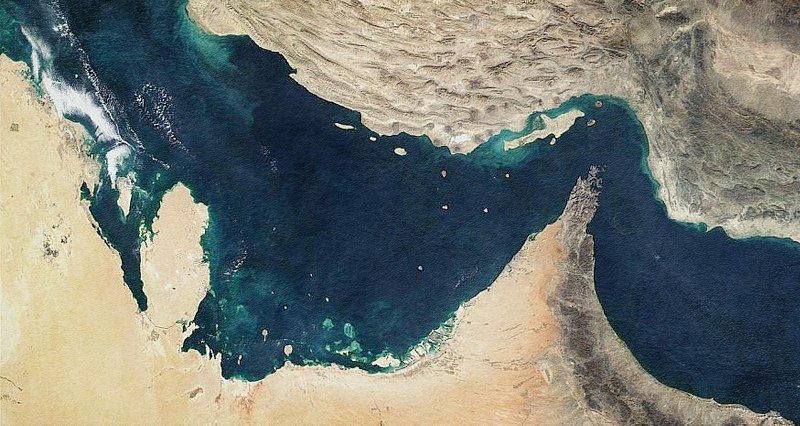
PEJOURNAL – Bilateral trade between countries seems would normally be a rather typical matter. However, when the trade on the agenda between the two countries that have been under the pressure of the United States for a long time with the ultimate goal of destroying these countries entirely, it becomes a symbolic act of resistance against the world imperialist system.
Iran has been dealing with the harshest economic and fiscal sanctions ever seen after the 1979 Islamic revolution. Tehran considers the US’ sanctions an obvious violation of international law r, and calls it “state economic terrorism”. On the other hand, Venezuela has been struggling with the US’ hostile acts such as sanctions and internal provocations. The US has been trying for a long time to overthrow the Venezuelan government via economic pressure and artificially stimulated internal unrest stemming from Washington’s paid political factions.
Given the US’ desire to force Venezuela into a fuel crisis, and believing that Iran will not have the financial resources to run the country’s affairs, Tehran and Caracas reached an important agreement wherein Iran brought fuel for Venezuela and Venezuela provided a financial fund for Iran. The other significant part of this action was the humiliation imposed by ignoring the United States both in the Caribbean and the Persian Gulf. Iran sent five huge tankers to Venezuela, ignoring the US threats. In the meantime, the Venezuelan army escorted Iranian ships while the US forces were present in the Caribbean Sea.
This was a tough challenge to the domination of imperialism imposed by the United States and its allies, and at the same time, a justice-oriented action that exercised the legal sovereignty of anti-imperialist states in neutralizing US sanctions. It was also an intelligent use of public international law and international trade regulations.
Venezuelan President Nicolás Maduro stated that the fuel crisis had been solved by receiving Iran’s fuel shipment and revealed his plan to visit Tehran at the earliest opportunity after the Coronavirus crisis subsided. The decision represents both countries’ strong willingness to expand constructive cooperation.
On June 20th, 2019, Iran’s Islamic Revolutionary Guard Corps’s (IRGC) shot down a United States RQ-4A Global Hawk surveillance drone with a local designed surface-to-air missile over the Strait of Hormuz. Six months later, on January 8, 2020, in an operation entitled “Operation Martyr Soleimani” Iran’s IRGC forces conducted a ballistic attack on the Ayn al-Asad airbase and another in Erbil. After 2 military strikes, Iran is likely to strike the US’ imperial image by diplomatic tactics.
The move also highlighted a considerable change in the political position of President Rouhani’s government internally. While 7 years ago, all of Ahmadinejad’s plans toward Eurasia and South America were paused and the diplomatic capacity of the country mobilized and focused on thawing the relations with the western partners such as European countries and the United States, Rouhani’s government has pivoted to South America and Eurasia in the last year of power. Years of diplomatic efforts could have resulted in a successful cooperation based on international norms in JCPOA, however the US again violated the agreements between Iran and the 5+1 countries and imposed harsh sanctions against Tehran. The EU first tried to design a financial mechanism called the “Instrument in Support of Trade Exchanges” known as INSTEX to save the deal. Tehran put all its eggs in the EU’s basket and when the INSTEX failed to work, Rouhani’s new approach aimed at neutralizing the US’ hostile activities by focusing on wider economic cooperation. It seems that Rouhani’s last year of power and possibly the next government will maintain Iran’s strategic approach toward South America and Eurasia. The relations based on mutual respect and interest will keep neutralizing US coercive measures on top of the goals.
In conclusion, the massive shipment of oil the Iranian tankers brought to the other side of the planet, close to American borders, done openly and transparently and in accordance with international law, and especially given that the US threatened the process repeatedly, represents a new era of international politics wherein the US will undoubtedly be the main loser.